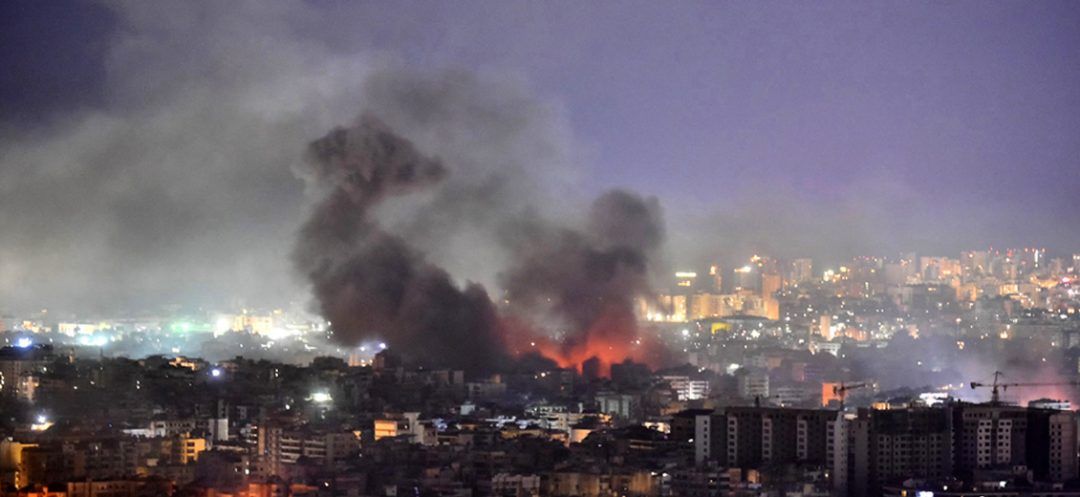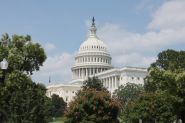
Bitterness, dismay, anger, and depression... The deep resentment often voiced publicly by Hezbollah supporters reflects the tragedy into which the pro-Iranian party forced Lebanon, against the country's will, a year ago.
The Lebanese are acutely aware of being left to face the overwhelming Israeli war machine on their own. While this is not the time for assigning blame, and it would be inappropriate to demand that Hezbollah, Iran's loyal ally, account for the political and military decisions that have driven the country into its current crisis, a sober assessment of the situation raises questions. Specifically, it is important to understand why “brotherly” and “friendly” nations have been reluctant to intervene directly in the conflict to help Lebanon in its time of need.
Recently, many voices have risen to condemn not the silence (this is the Middle East, after all!) but the passivity of certain Arab countries. Even the Islamic Republic of Iran has been openly criticized within circles sympathetic to Hezbollah. While these criticisms are certainly valid, they often obscure deeper underlying realities.
We often overlook Hezbollah's true purpose (as with other Iranian proxies): to serve as an instrument, a bargaining chip, in the hands of the Revolutionary Guards to extend Iran’s influence and, more importantly, to pose a potential "ballistic" threat in the event of an Israeli strike on Iran. Populist slogans like the “liberation of Jerusalem,” the “rights of the Palestinian people,” or battling the “Great Satan” (the United States) have merely been a thick smokescreen, masking the real goal behind these proxies: safeguarding and strengthening the mullahs' regime. The Palestinian cause, once central, has become nothing but an illusion—a rallying cry obscuring other strategic objectives.
When Hamas unleashed its deadly attack on Israeli territory on October 7, 2023, it ultimately advanced the strategic interests of the Islamic Republic of Iran. The toll was immense – tens of thousands of dead and wounded, along with the occupation and destruction of the Gaza Strip. Yet, the Iranian regime has remained passive in the face of Israel’s brutal response, offering no assistance to either the Palestinian population or Hamas. Why would it, when Hamas had already fulfilled its part as a loyal proxy, dutifully serving Iran’s agenda?
A somewhat similar scenario unfolded in southern Lebanon. On October 8, 2023, Hezbollah, acting unilaterally under the directive of wilayat el-faqih, reactivated the southern front, which had remained quiet since the July 2006 war. The true objective was to provide the Islamic Republic with an additional leverage point in its ongoing struggle with Washington. The fundamental concerns of the Lebanese population, already grappling with an unprecedented socio-economic crisis, were entirely absent from the pro-Iranian party's considerations.
The consequences of this madness, in which Hezbollah has willingly become an instrument of Iranian state interests, are both striking and self-evident. The brutal night of intensive and deadly bombardments in the southern suburbs on October 3, coupled with the violent, bloody airstrike targeting Hashem Safieddine—the man positioned to succeed Hassan Nasrallah as the leader of the Shiite party—represents a particularly grotesque manifestation of Hezbollah’s ideological misguidance.
The pinnacle of disgrace: despite the relentless barrage of iron and fire falling daily on the Lebanese population, a consequence of the reckless dedication to serving the mullahs' regime, Iran's leaders have repeatedly asserted that there is no need for intervention “because Hezbollah can defend itself.” From Tehran’s viewpoint, why should they bother to save a failing asset like Hezbollah, which has already completed its mission, just as Hamas has? Furthermore, can we really expect the Arab countries to rescue a group that only champions Iranian interests and has waged a long-standing, hostile campaign against the Gulf States?
For the Iranian leadership, the primary goal is to lift economic sanctions and secure an agreement—or rather a “deal”—with Washington that will preserve its nuclear program while ensuring the Islamic Republic maintains a prominent role on the regional stage. The fate of the proxies and the local populations sacrificed in service of these ambitions is of little consequence. This is sheer folly; the strategy of irrationality and blind submission carries a steep cost.
Read more




Comments